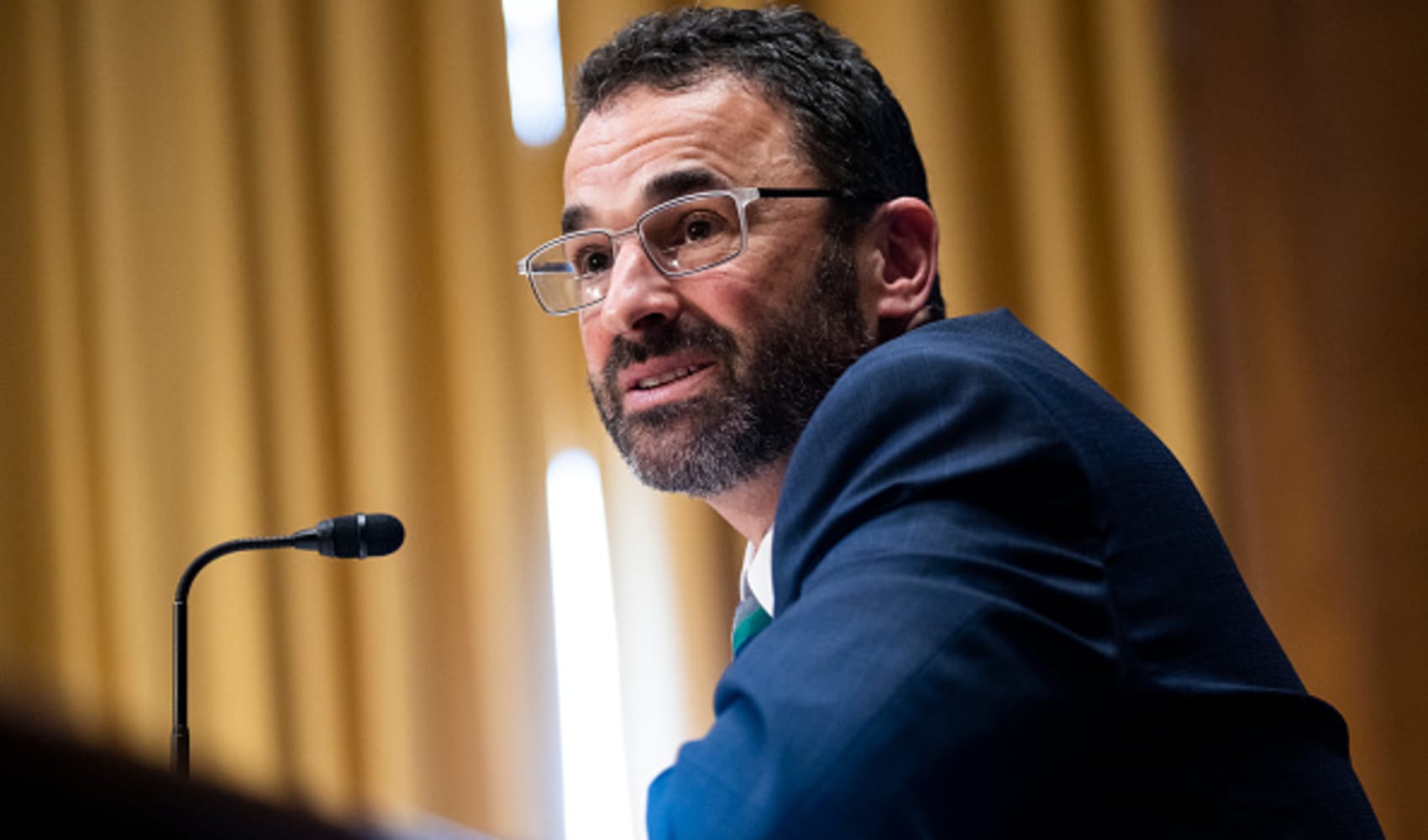
...the 10-year Treasury yield is trying to make another go at breaking above 1%.
It might seem like an odd day for it; the jobs report this morning was "disappointing" and slowed to just 245,000 jobs added in the U.S. last month, the slowest pace yet in the recovery. But people were braced for something worse; I texted my husband "Prediction: negative jobs print" just before the 8:30 a.m. data release, and I'm usually on the optimistic side (and no, we don't usually text about these things).
The fact that the labor market kept adding jobs in what's been by far the worst month so far of this pandemic is welcome news. The unemployment rate also fell to 6.7%. Yes, there are plenty of legitimate concerns about the slipping labor-force participation rate and the fact that more layoffs are of the permanent as opposed to temporary type now. But none of those things would be helped if we also lost jobs on net last month.
So that cleared the way for the market to refocus on the major positive catalyst this week: movement in the Covid relief (a.k.a. stimulus) talks.
I admit I've been surprised at the sudden progress; Speaker Pelosi is saying it's because of the need to fund vaccine distribution as Pfizer's final approval looks to be less than a week away now, and those funds are tied up in this bill. By "this bill," I mean the $908 billion compromise bill that emerged earlier this week; it reportedly includes $50 billion for vaccine distribution, Covid testing, and contact tracing.
Ask around in Washington, and people also think the president-elect (and possibly incoming Treasury Secretary Janet Yellen) put pressure on the Democrats to get more relief funds flowing into the economy before Biden talks office in January. Hence their seeming about-face from insisting on a multi-trillion dollar bill to potentially accepting a much smaller one.
There's also the "down-payment" hypothesis, as economist Stephen Stanley outlined yesterday; Biden "expects to return to the negotiating table once he is in office and do a much bigger deal," Stanley wrote. "If Democrats win the two Georgia seats [in the Senate], that would be a brilliant strategy." And if not, "whatever they get this month is likely to be just about all they'll get" as the Republican Senate could be less willing to spend by January, especially on items like state and local budgets.
Money Report
On top of all that, pressure to fund the slew of CARES Act relief programs that expire on December 31 is also building. Everything from employee retention tax credits to extended jobless benefits to funds for rental or landlord assistance if the eviction moratorium is extended past year-end all depends on a bill passing now, before Congress goes home for the year.
It's all now looking possible in a compromise bill, although this is Congress, so who knows. But the market is certainly anticipating it at this point; as Dan Clifton of Strategas points out, every time we get positive headlines on the relief bill we see airlines, small-cap stocks, and bond yields jump.
That doesn't mean it would be game over for some of this year's big winners, though; Clifton's "fiscal stimulus" basket includes such pandemic winners as Amazon, Paypal, Square, and FedEx alongside reopening plays like Live Nation and Supercuts owner Regis (up 5% today).
And if the 10-year does break above 1% on a relief bill, it will certainly be a big deal--not so much because it suddenly threatens the stock market rally, as because it suggests the economy will keep continuing to heal.
See you at 1 p.m!
Kelly






